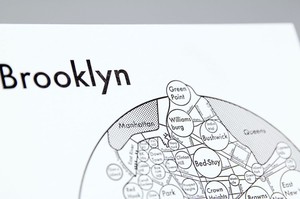Proportionate response ?
Removing police racial bias will have little effect on the killing rate. Suppose each arrest creates an equal risk of shooting for both African-Americans and whites. In that case, with the current arrest rate, 28.9 percent of all those killed by police officers would still be African-American. This is only slightly smaller than the 31.8 percent of killings we actually see, and it is much greater than the 13.2 percent level of African-Americans in the overall population.
If the major problem is then that African-Americans have so many more encounters with police, we must ask why. Of course, with this as well, police prejudice may be playing a role. After all, police officers decide whom to stop or arrest.
But this is too large a problem to pin on individual officers.
First, the police are at least in part guided by suspect descriptions. And the descriptions provided by victims already show a large racial gap: Nearly 30 percent of reported offenders were black. So if the police simply stopped suspects at a rate matching these descriptions, African-Americans would be encountering police at a rate close to both the arrest and the killing rates.
This is not just about drugs or law enforcement. Poverty plays an essential role in all of this. Jens Ludwig, an economist at the University of Chicago who also directs the Crime Lab there, points out: "Living in a high-poverty neighborhood increases risk of violent-crime involvement, and in the most poor neighborhoods of the country, fully four out of five residents are black or Hispanic."
We will not sharply reduce police killings of African-Americans unless we understand the social institutions that intimately tie race and crime. In her book, "The New Jim Crow: Mass Incarceration in the Age of Colorblindness," Michelle Alexander argues that the American criminal justice system itself is an instrument of racial oppression. "Mass incarceration operates as a tightly networked system of laws, policies, customs and institutions that operate collectively to ensure the subordinate status of a group defined largely by race," she says.
